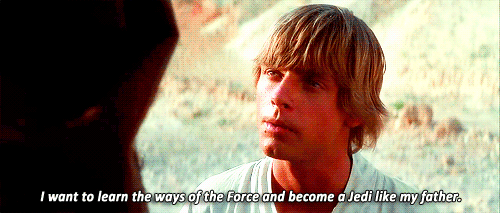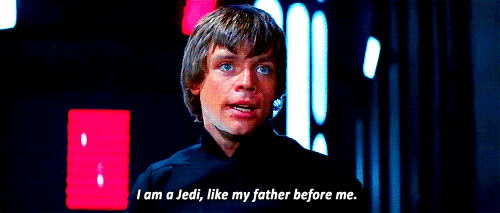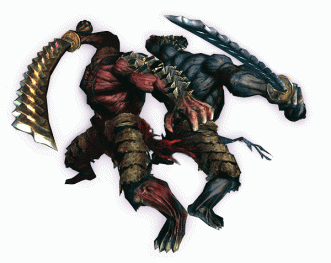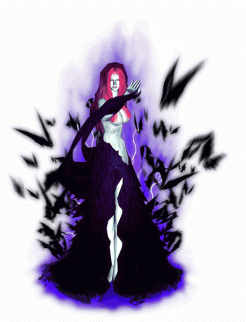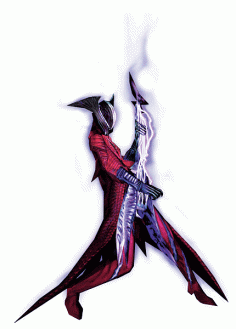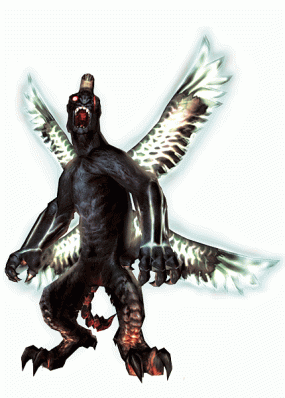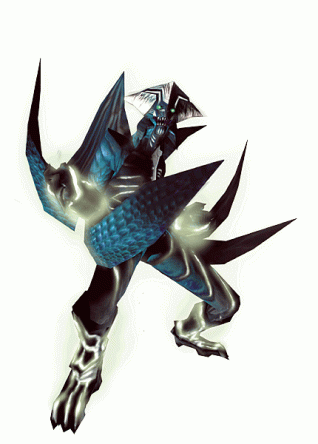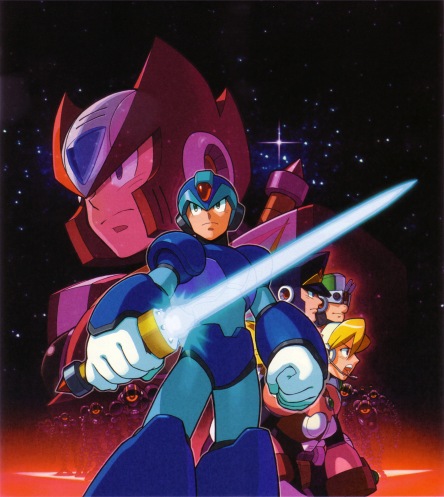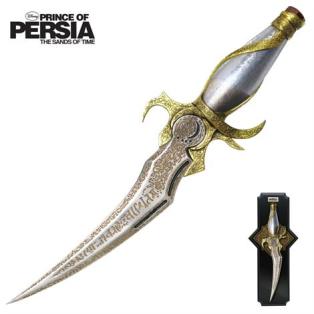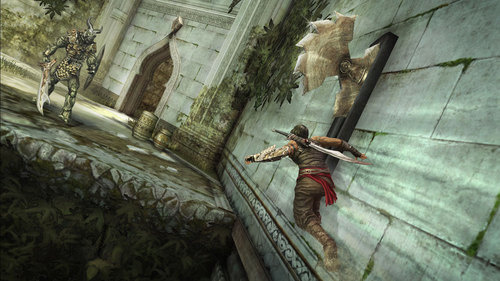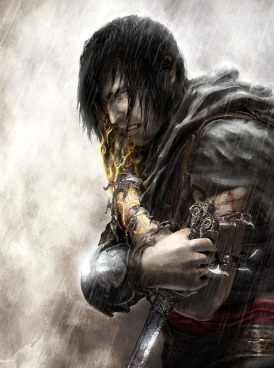Deviation Actions
Today I'd like to talk about Mentor Characters and how games should utilize them as an integral part of the game.
Now, you must’ve heard this story before, a protagonist has a mentor character and is very dependent on said mentor. But then close to the climax, the mentor character dies, forcing the protagonist into growing up and fulfilling their character development.
It’s nothing new, and many people know why it keeps getting used. It takes away a safety net for the protagonist so they become independent and makes their victory that much more satisfying for making it in the end by themselves rather than riding on their mentor’s coat tails.
Shame it doesn’t happen in games often.
Oh let me rephrase that, shame it doesn’t happen in GAMEPLAY often.
Yeah, there are enough mentor characters who die in game stories, but usually they only die for the sake of the plot rather than having their deaths affect the gameplay in any way.
Let me say it again, a mentor character is supposed to be a safety net. They’re the characters the main characters have to rely on to grow up before having to take their final steps on their own.
The beautiful thing about games is that they’re an interactive experience. They can make you LIVE the experience of having your safety net taken away and having to get to the end by yourself rather than relying on the mentor as a gameplay feature.
But I’ve yet to see that feeling being pulled off in games.
By comparison, games have already done such great interactive experiences with other story characters, like rivals.
Devil May Cry 3 added a feature that was new in the series where every boss character you defeat immediately gives you a new weapon based on them.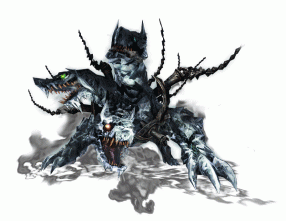
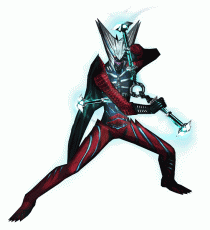
After Dante defeats him, Beowulf escapes and later meets Vergil, Dante’s rival.
HE kills Beowulf and gets the weapon instead of Dante.
This not only made Vergil a great rival in story, but in gameplay as well, since just like Dante, Vergil gets stronger and stronger as the story goes on, motivating the players to become better and better to keep up with him.
In story Vergil is Dante’s equal in power, in gameplay he’s a boss you have to fight 3 times and each next boss battle he’s stronger and has new techniques.
This is the kind of interactive story telling that games should do with mentor characters.
It is one thing to have the mentor character constantly give cryptic morals until their inevitable death, it’s another thing to actually have it affect the players.
There are two games that I know of where they came the closest to the feeling of “taking away the safety net”, though like I said, still not perfect.
That would be Megaman X3 and Prince of Persia The Sands of Time.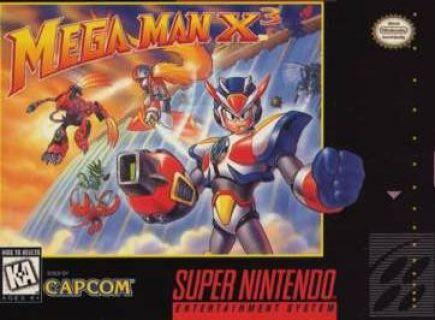
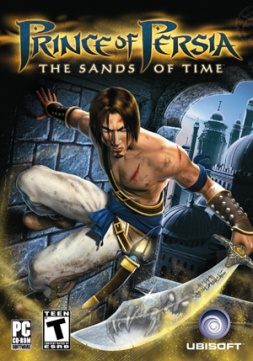
Now I’d first like to point out that, in STORY, the first Megaman X did the Mentor Character better. But in GAMEPLAY Megaman X3 did it better because it actually affected something.
The Mentor Character in question is Zero, in his first ever playable appearance.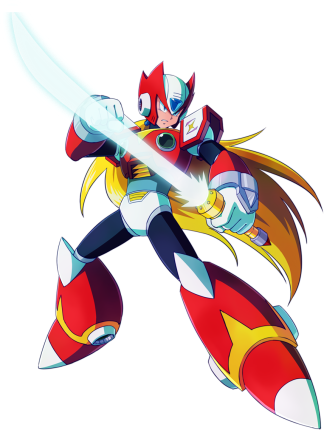
In the game, you can go to the Pause Menu and choose to contact Zero. In story, X simply asks him to take over, in gameplay you will now play a character that is stronger than X in almost every way. He has a stronger weapon, he has more health, he even has an attack that X doesn’t have.
Here’s the catch, he will automatically switch back whenever he’s about to face a boss, forcing you to use X in the Boss Fights.
Not only that but if you die while controlling him, you won’t be able to use him ever again.
Naturally, players all around the world would always switch to Zero if there’s a difficult piece of the level coming up. They end up relying on Zero.
But there’s a special boss in the game who you CAN fight with Zero.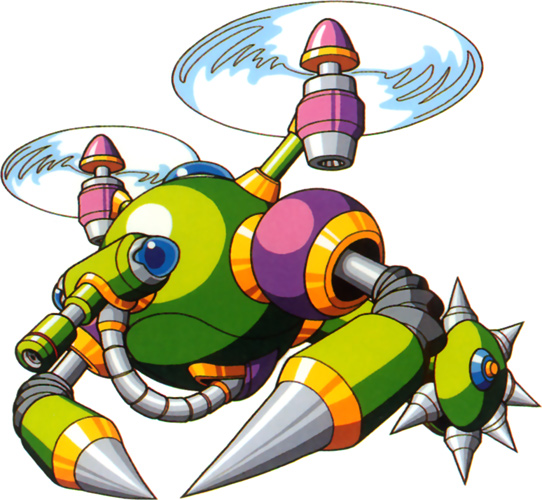
And if you beat him with Zero, he will grab Zero in a deathgrip and explode.
Zero ends up severely damaged, but not before giving his weapon to X.
Now the players are unable to use Zero again, but X is now in gameplay just as powerful as Zero, now that he has his weapon, meaning the game took away the safety net that is Zero and gives X (and by extension the player) the chance to become independent from him.
Sadly, the problem is that, when you think about it, X DOESN’T become independent. It only reinforced that he IS dependent on Zero. The only way X was able to become as powerful as Zero was if he had Zero’s weapon.
Look, out of the Original Trilogy of Star Wars, A New Hope is actually my least favourite of them (Yes, I prefer Return of the Jedi with the Ewoks, so what?), but eventually Luke didn’t copy Obi-Wan to become a hero, he became a hero because he became his own being. He didn’t win the first Death Star battle because he beat Darth Vader with a Lightsaber battle like Obi-Wan tried to do (no, that’s reserved for Return of the Jedi) but because he was a great pilot and did the impossible shot into the Thermal Exhaust Port.
Luke became an independent character because of his own skills, not by taking Obi-Wan’s skills. Obi-Wan was just the safety net that, when taken away, awakened Luke to grow up and become a hero in his own right.
So the set up is there for Megaman X3, but the final detail just forced a bit of a bad implication.
The game that did that detail better was Prince of Persia The Sands of Time, and ironically it is NOT with a Mentor Character.
For those who don’t know, Prince of Persia The Sands of Time is a game where you play a Prince who found a Dagger of Time. With it, he can reverse time to escape harm, which comes in handy in a game full of death traps and parkour.
Because the game is filled with death traps, some of them you can’t POSSIBLY see coming, it makes players rely on the Dagger of Time to reverse time and be ahead of those traps.
Naturally, in the climax (heh heh, that means a bit more if you played the game) the dagger gets stolen.
Suddenly you can’t rely on the dagger anymore, and thus the Prince (and again, by extension the player) is forced to go further without a safety net and having to rely on their own skills.
In theory, this would be one of the greatest moments in interactive story telling as the player would experience the loss of something they relied on and having to rely on their other skills to become independent.
Shame said section is probably one of the most frustrating sections in the whole damn game.
I mean, my god, I get what they were going for, but if there’s any flaw in this game, it’s the combat system. It’s repetitive. You use an attack your enemy can’t block, and then you use the finishing move with the dagger. Rinse and repeat ad nauseam. There’s no tactics to it, it’s a chore.
Sadly, THAT’s the skill they focus on during the Dagger-less section, the terribly designed combat.
Thankfully there ARE enough parkour moments during the dagger-less section, but that’s what they should’ve focused on, rather than sprinkle around the terrible combat moments in it which ruined the whole flow.
So in conclusion, I’ve yet to find a game display the safety net idea as well as other games have done with rival characters, and I’d like to see that done well.
If there’s a game you know that you think DID do it right, you’re welcome to tell me. Games are still a relatively new medium and while people like to say that there’s nothing original to do in games anymore, I feel there are actually a lot of basic story stuff that games still need to learn to incorporate it succesfully.

